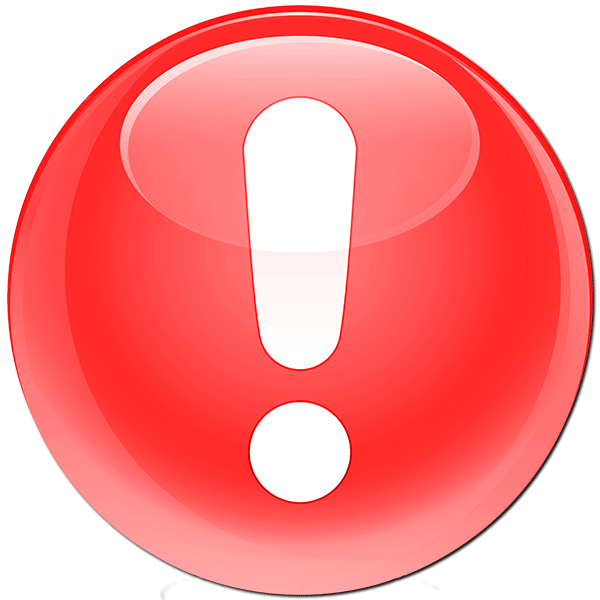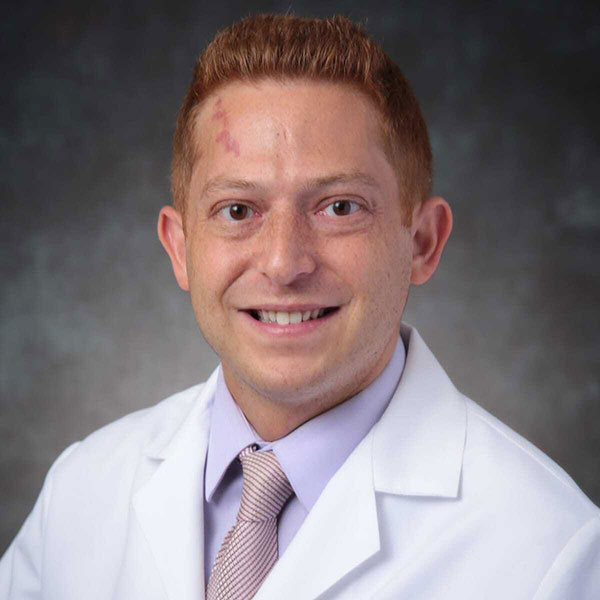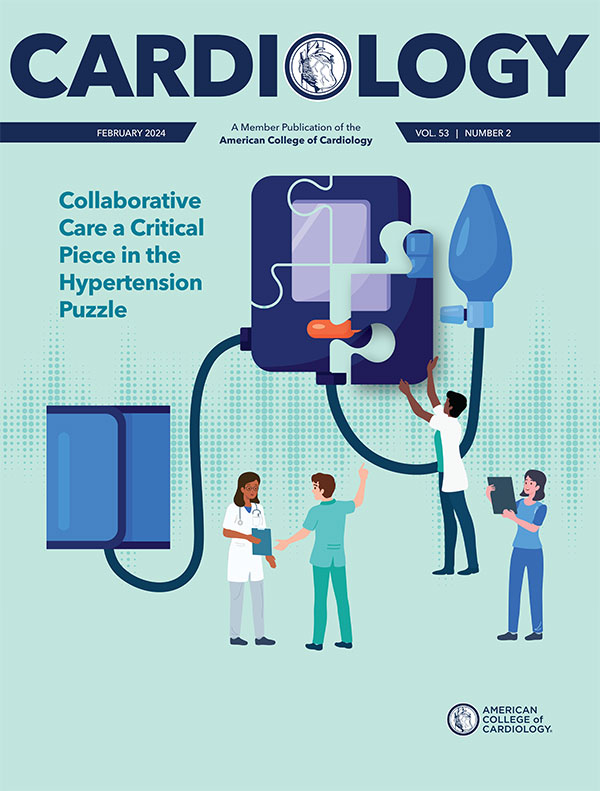From the Member Sections | Physician Burnout: An Enemy We Must Recognize to Battle

For most clinicians, the drive to accumulate accomplishments and succeed professionally is deeply inculcated after decades of medical education and postgraduate training. We tend to build mental milestones and focus on the steps needed to achieve them, while sometimes making personal sacrifices in the process. The motivation to succeed is important and can result in a productive career that often means scientific progress and improving the lives of our patients.
However, it is also imperative that we understand the consequences of these sacrifices and the many challenges clinicians face every day that can lead to burnout. The American Medical Association's 2022 National Burnout Benchmarking report found that the majority of physicians experience burnout and, underscoring the gravity of this prevalent issue, the incidence continues to increase over time. Additionally, surveys conducted by the ACC confirm the scope and impact of burnout on physicians and the cardiovascular team more broadly.
In an effort to help clinicians better understand and recognize burnout, we asked Ashley Gersh, MA, LMHC, a licensed clinical mental health counselor with Action Ashley Counseling in Boca Raton, FL, to share her insights.
As clinicians, we generally think of burnout as a personal weakness and a taboo topic. Rather than acknowledge it, we tend to keep "pushing through." What can we do to better recognize burnout as a physiologic state?
Burnout can be described as the prolonged response to chronic emotional and interpersonal stressors on the job (Maslach, et al., 2001). There is no reason for shame and it doesn't mean you're weak. Seeing burnout as a weakness highlights underlying feelings of shame, and talking about it is the best way to dismantle shame's power. When topics become taboo, stigma becomes an obstacle in acknowledging one's own feelings. The work to reverse this and create change happens on both the individual and community level.
– Ashley Gersh, MA, LMHC
Let's think about burnout as the lack of a flame. The flame needs to be rekindled to bring back the passion and enjoyment of one's career. Being burned out may not mean one doesn't like their job anymore, but pushing through and ignoring the feeling of burnout make it less likely that one can access what they need to help feel joy, rejuvenation and passion for their career again.
Importantly, rather than "pushing through," work on pausing, assessing the stressors and incorporating breaks. This can help identify if changes need to be implemented and work boundaries need to be set, so the changes can be maintained.
What effects of burnout do you see in your practice? What steps can clinicians take to help tackle and avoid burnout?










Click here to learn more about these warning signs.
People who are burned out from the workplace feel a deep sense of detachment from their job. They feel a lack of accomplishment even when they receive accolades, never feeling satisfied. Most often, people feel emotional and physical exhaustion as well as cynical attitudes towards the job, colleagues or clients. This is typically shown through reduced commitment, more absences or job withdrawal, decreased job satisfaction, or lower productivity and effectiveness.
I've seen physicians and health care workers who've been burned out lose empathy and patience, thinking of their patients as just a number or task to complete. These symptoms can also negatively impact one's home life, commonly referred to as a spillover effect. People might also experience stress-related health outcomes from the exhaustion dimension.
Burnout is likely to happen when we put achievements on a pedestal and accolades become prioritized over our well-being. Hustle culture has us chasing that pat on the back or that next milestone, but it's not preaching for us to have room to also celebrate the small wins. This leaves us feeling like accomplishments are just checking off boxes on the list. There's nothing inherently wrong with wanting to hit the end goal, the next promotion or a career milestone. Our society wires us this way. But when it negatively impacts our well-being, it's our responsibility to modify this way of thinking. Sometimes taking time to pause is the action that propels us forward.
How can we tackle burnout? Focus on self-validation vs. external validation. Focus on smaller self-victories. This can manifest itself as patting yourself on the back after writing a beautiful email, completing chart notes, or even just showing up to work. Don't wait on, or look for, approval from someone else. If you're not continuously giving yourself support, encouragement and validation then the approval from someone else will still never feel enough. Don't wait to celebrate. Self-celebrate your success along the journey and you'll feel the achievement sooner. Take breaks. Play. Rest. Call a friend. Go on vacation. Don't forget to live a purposeful life.
What effects of burnout have you seen from the COVID-19 pandemic?
The COVID-19 pandemic caused collective trauma, making it hard for anyone to ignore the effects on one's well-being. Health care workers, who are already prone to burnout, were disproportionately affected by the pandemic. Pandemic-related stressors, including politicization of masks and vaccines, feelings of lack of support from workplaces and government, and ongoing stressful and demanding schedules, make talking about and facing the effects of burnout imperative for leaders and employees to thrive.
The COVID-19 pandemic also caused an interesting and unusual shift between burnout and engagement, which Gallup termed The Wellbeing-Engagement Paradox of 2020. Typically, when employees are engaged, burnout decreases and productivity and well-being increase. However, Gallup reported that while engagement shot up, well-being plummeted. When the uncertainty of the pandemic caused a rise in anxiety, stress, worry, fear and loneliness, people needed more managerial support and social connection to combat the chaos. The increase in these stressors makes the need for self-care even more imperative.
– Ashley Gersh, MA, LMHC
It is paramount to our well-being. It serves as a proactive measure to prevent or mitigate distress before it fully develops. Unfortunately, some people lack awareness of the importance of prioritizing self-care and the benefits for life balance that it creates. They wrongly consider a self-care regimen as being selfish and work to power through their stressors instead of taking personal action to address them head on. We are bound for disappointment if we ignore personal struggles but expect to thrive professionally. Engagement, productivity and growth are difficult to sustain without a foundation of well-being. I think the pandemic has started to chip away at the stigma around discussing personal issues at work, but this conversation is only the tip of the iceberg.
How can clinicians support each other?
Resources
Visit ACC.org/ClinicianWellBeing to access ACC's range of resources supporting clinicians.
Click here for resources from the National Academy of Medicine collaborative on clinician well-being and resilience.
Communicate, communicate, communicate! Clinicians can help support each other by continuing to talk about burnout and educating staff and colleagues regarding the signs and symptoms of burnout. This can all help to decrease the stigma surrounding burnout and help us unlearn the things society has told us to do that no longer contribute to our success as leaders, colleagues or employees. This will also increase the opportunity for people to better recognize burnout and to get access to resources for help. When we acknowledge that burnout is being experienced, we can determine where in our lives a boundary is needed.
If someone is already feeling burned out, it can be validating when someone else acknowledges and shares what they're experiencing. Don't brush aside the symptoms you observe in a colleague. It's imperative to not be afraid to ask a colleague about their health if you've noticed warning signs of burnout.
It is also important to discern the difference between burnout and depression. While symptoms may appear similar, depression is a more deep-rooted condition that requires different treatment options. In both cases, recognizing, confronting and addressing the issues head on are the best first steps in treatment.
Be Aware, Take Action
As the data suggest, many clinicians are affected by burnout. Thus it's likely we all have colleagues who have struggled with or are struggling with burnout. Recognition and mitigation of burnout is key to allowing us the opportunity to practice in an environment that let's us take the best possible care of ourselves – and our patients.


This article was authored by Joanna Joly, MD, Division of Cardiology, University of Alabama at Birmingham, Birmingham, AL, and David Snipelisky, MD, FACC, Heart Failure and Cardiac Transplant Medicine, Cleveland Clinic, Weston, FL. Both are members of ACC's Early Career Member Section. Click here to learn more and join the section.
Clinical Topics: Prevention, Stress
Keywords: Cardiology Magazine, ACC Publications, Physicians, Mental Health, Burnout, Psychological, Education, Medical, Counselors

